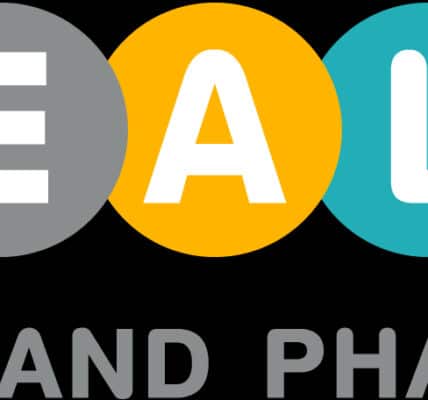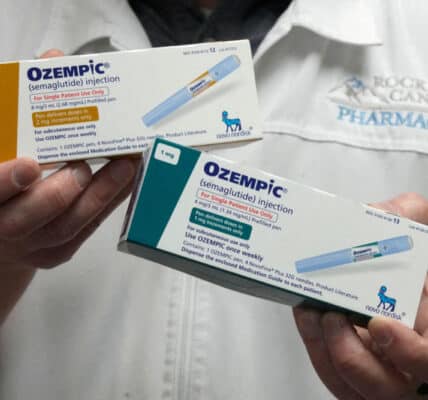Novo Nordisk Walks Back Comments on Addiction Testing

In a post last week on AddictionNews, I covered the comments of Novo Nordisk director of global development, Martin Holst Lange, that the maker of Ozempic and Wegovy would start testing GLP-1 receptor agonists against addiction. I presented evidence that Novo Nordisk is dragging their feet on this and would likely slow-walk any testing.
A mere two days went by before Novo Nordisk walked back the comments on testing GLP-1 against addiction. Dan Samorodnitsky, the news editor at BioSpace, reports that Novo Nordisk confirmed the company:
[…] has no additional clinical trials of its GLP-1 drugs in addiction beyond a Phase II trial testing semaglutide and two other drugs with alcohol use as a secondary endpoint.
The primary endpoint for that clinical trial is liver damage. So the only addiction Novo Nordisk is testing for is alcohol use disorder (AUD), and they only have one trial underway. Pressed by Samorodnitsky, a Novo Nordisk spokesperson responded, “There is nothing else in terms of clinical trials we have ongoing in this space at the moment.”
Novo Nordisk was called out last year by Bloomberg staff writer, Lisa Jarvis, for its lack of studies of GLP-1 drugs against addiction. Jarvis pointed out:
Right now, academic and government researchers seem to be the only ones studying GLP-1 drugs in treating addiction, whether that’s to alcohol, tobacco, cannabis or opioids.
Indeed, the publication Clinical Trials Alert estimates that less than 20% of trials treating substance use disorders (SUDs) are funded by private companies, and concluded that, “The pharmaceutical industry is lagging behind in the clinical arena of addiction treatments.”
Similar concern was voiced a year ago by Elaine Chen at STAT News, who complained that, “no pharmaceutical companies are currently studying GLP-1s to treat addiction.” Chen interviewed Dr. Nora Volkow, the director of the National Institute on Drug Abuse (NIDA) about the problem. Dr. Volkow accused drug manufacturers of “apathy” for their failure to treat SUDs like other diseases.
Perhaps reacting to the pressure, drug manufacturer Eli Lilly, maker of the GLP-1 drugs Mounjaro and Zepbound, announced in December of last year that it would start “massive trials” of their GLP-1 drugs against AUD and SUDs. While Lilly is spending billions to ramp up GLP-1 drug production, it has yet to announce a single trial of the drugs against SUDs.
Novo Nordisk just announced the results of its latest trial with next generation GLP-1 drug, CargiSema, and the company’s stock dropped 6% as a result. Novo Nordisk had hoped to see 25% weight loss with CargiSema after another recent trial showed 22% weight loss. But the result after 68 weeks was a disappointing 15.7%.
Unfortunately, this illustrates why big pharmaceutical companies are reluctant to test anything that could damage sales of their blockbuster drugs. A 6% stock price decline for what is not a bad outcome — 15% weight loss — sounds like an overreaction to me. More concerning is Novo Nordisk’s decision, rather than fund clinical trials against addiction, to fund lavish marketing campaigns with celebrities to promote Ozempic.
Written by Steve O’Keefe. First published March 17, 2025.
Sources:
“Novo’s Studies of GLP-1s for Addiction Limited to Ongoing Phase II,” BioSpace, March 7, 2025.
“Ozempic’s Addiction-Fighting Potential Is Being Ignored,” Bloomberg, June 20, 2024.
“Is pharma neglecting the unmet need of substance use disorder therapies?” Clinical Trials Alert, September 22, 2022.
“Top U.S. addiction researcher calls GLP-1 data for addiction ‘very, very exciting’,” STAT News, March 21, 2024.
“Novo Nordisk shares fall 6.3% after latest trial results for its next-generation weight loss drug,” CNBC, March 10, 2025.
Image courtesy of Siebuhr, used under Creative Commons license.




